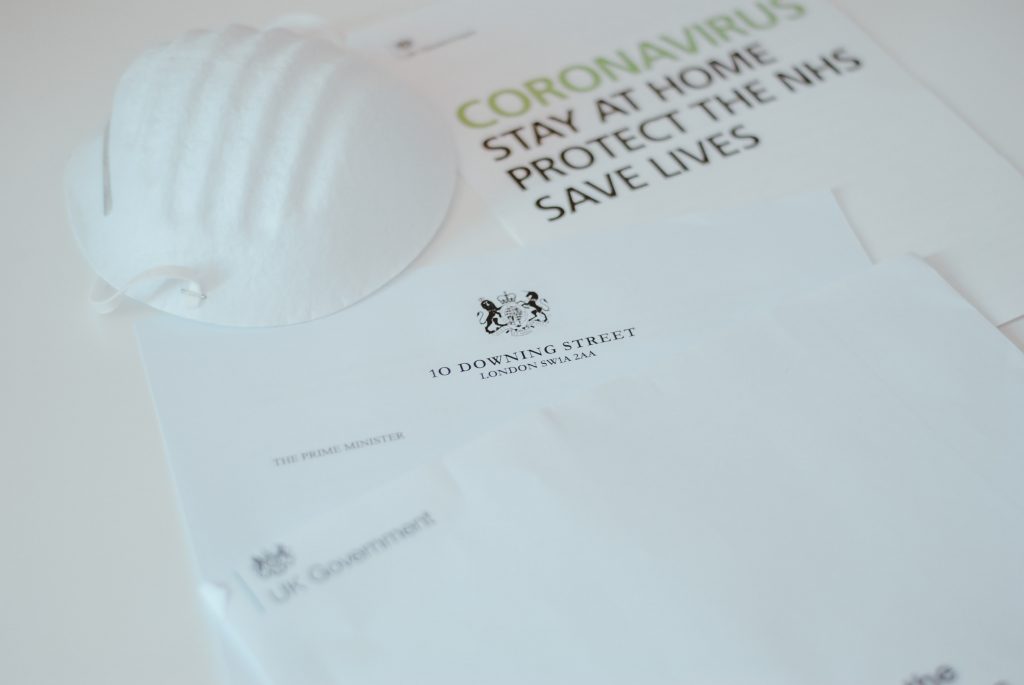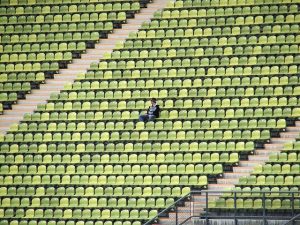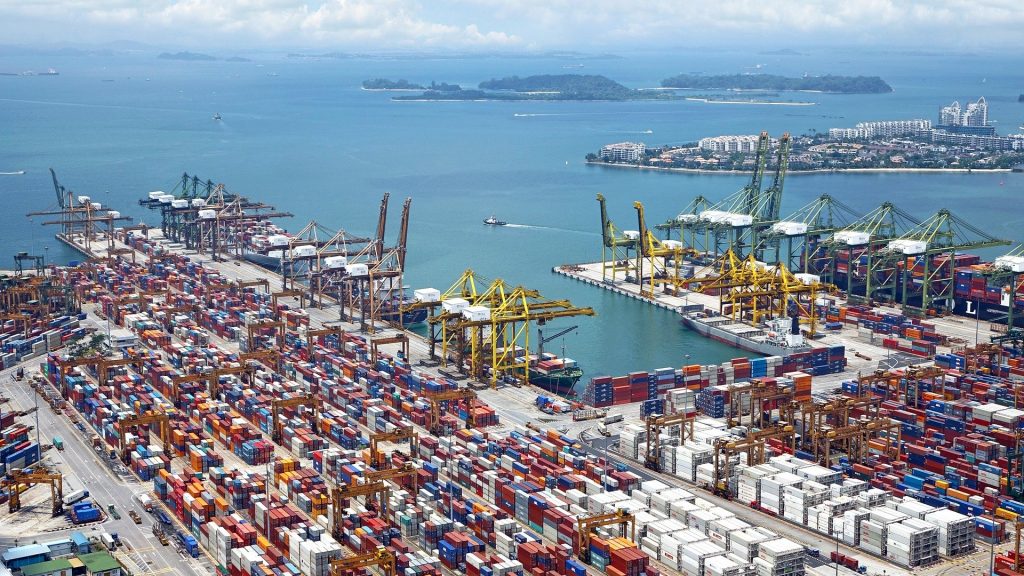Our health service is battling to save lives everyday as medical researchers work with pharmaceutical companies to try and find a vaccine for COVID-19. The virus is also having an enormous impact on everyone’s daily lives regardless of whether they contract the disease and there are many worrying consequences of a world in lockdown that need to be investigated. What for example, are the long-term effects of social distancing and staying at home?

Whether providing expert comment, launching a new survey, or conducting new research, researchers within the Prosperity & Resilience theme are applying their knowledge and skills to understand and find solutions to the many economic and social challenges thrown up by COVID-19.
 Researchers in the University of Reading’s Institute of Education are supporting parents and teachers with advice on home schooling and have put forward a range of measures to support families with bilingual or multilingual children during school closures. The Centre for Literacy and Multilingualism, together with BilingualismMatters@Reading and other research partners launched a survey to find out how the current lockdown is affecting language use in multilingual families.*
Researchers in the University of Reading’s Institute of Education are supporting parents and teachers with advice on home schooling and have put forward a range of measures to support families with bilingual or multilingual children during school closures. The Centre for Literacy and Multilingualism, together with BilingualismMatters@Reading and other research partners launched a survey to find out how the current lockdown is affecting language use in multilingual families.*
 As the UK sees unparalleled bailouts unveiled by the UK Government during the crisis, academics within Henley Business School and The School of Economics are investigating the economic disruption and the Government’s economic policy in response. With countless sporting events cancelled, we look at the likely effect that postponing the English Football League will have on club finances and grass roots football. As continuing professional development courses move online The School of Economics launched the Reading Online Sport Economics Seminars (Roses).
As the UK sees unparalleled bailouts unveiled by the UK Government during the crisis, academics within Henley Business School and The School of Economics are investigating the economic disruption and the Government’s economic policy in response. With countless sporting events cancelled, we look at the likely effect that postponing the English Football League will have on club finances and grass roots football. As continuing professional development courses move online The School of Economics launched the Reading Online Sport Economics Seminars (Roses).
History has a habit of repeating itself and it is important that we look back at big historical events to see if we can learn anything from them to tackle the COVID-19 crisis today. What for example, can the Black Death tell us about the global economic consequences of a pandemic? The second world war showed us that British industry can respond to a crisis with innovation, invention and skill. We can draw comparisons today when Boris Johnson met with industry leaders in March and called on them to help the country step up production of ventilators in the fight against COVID-19.
At the same time as manufacturing giants rally together to produce enough medical equipment to manage the virus COVID-19 has also highlighted a worrying future for UK businesses as many of them struggle to survive. In Henley Business School researchers are working with businesses to understand and make recommendations for business continuity plans to cope with the crisis. Research conducted at Henley Business School last summer found that switching to a four-day working week could save UK businesses an estimated £104 billion annually. Will the pandemic open the door to a four-day workweek?

The pandemic is also disrupting other major concerns of our time. What will the impact be on global supply chains? With an estimated global industry loss of US$252 billion in 2020 What is the future of air travel? The Centre for Climate and Justice is exploring the connections between the virus and climate change because one crisis may have important lessons for the way in which we handle the other. Research within The School of Law is shedding light on how international Law could be a hindrance or a help in tackling virus related cyber attacks. A recent published article explores the good, the bad and the ugly in relation to how our behaviour during the crisis has been reflected in our use of social media.
The impact of COVID-19 and the resultant global lockdown is here for the long term and will shape many research agendas as it spreads into all aspects of our lives. As we look further into the future our research will investigate the potential for the virus to delay Brexit trade negotiations, and what the effect of Brexit and COVID-19 could have on planning and the mitigation of air pollution.
* Many surveys across our institution are looking deeper into important issues that are disrupting our everyday lives. These include:
Henley Business School:
- How business, management and economics academics are working through lockdown.
The School of Economics:
- Collecting data in the UK, US and Italy exploring the impact on wellbeing and happiness as a result of social isolation.
- Survey on ‘Pandemic Patriarchy and Productivity’ being administered in India – Capturing whether lockdown has led to greater sharing of home tasks in India.
The Institute of Education:
- The impact of COVID-19 school closures on coordinating provision for vulnerable children: identifying gaps, deploying resources and planning for reopening.
Professor Adrian Bell is Research Dean for Prosperity and Resilience at the University of Reading. There are 11 research divisions and approxinately 180 researchers working on collaborative projects.
